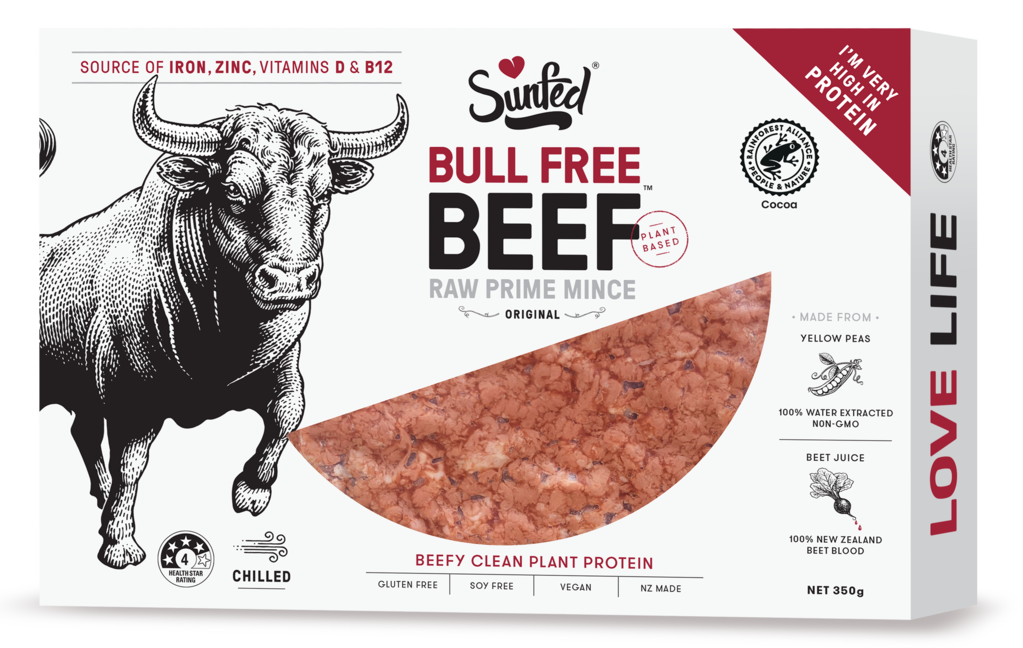8 March 2022. By AgForce CEO Michael Guerin.

You wouldn’t want to open a Coke only to take a sip and discover it’s a Pepsi, any more than you’d delight in learning the double beef and onion pizza you bought from Dominos doesn’t actually contain any beef – instead it’s all plant-based.
But that’s the current situation. “Beef” doesn’t have to mean beef as we know it – despite the name, despite the images of cattle that might accompany it.
So we should all rejoice at the recent tabling of the Commonwealth Senate Inquiry report into the labelling of alternative protein products. Because it takes us one step closer to truth in labelling, to eliminating the confusion, and to outlawing “creative” marketing claims.
When Senator Susan McDonald first launched her investigation into manufactured plant-based products after complaints they were misleading consumers with ambiguous packaging featuring terms such as “bull-free beef”, “beef-free classic sausages”, and “vegan bacon”, AgForce and many of its members put their weight behind the Inquiry, amassing a detailed submission and giving evidence in hearings.
Since then it has become clear that consumers are confused by plant-based products that use names like beef, chicken, or prawns, with accompanying imagery, and that manufactured plant-protein companies have no intention of changing their ways without regulations that enforce food labelling standards.
A review of Australia’s food standards regulator is just one of nine recommendations made by the Senate inquiry into meat definitions, which could have major consequences for the plant protein and non-dairy “milk” industries and, importantly, have the support of all political parties.
This isn’t about reducing competition in the marketplace. In fact, the report urges the Federal Government to look at ways of strengthening the plant-based protein product sector’s capacity to develop and grow – moves AgForce, livestock producers, and industry fully support.
However, the onus is now on vegan plant-based companies to find their own, unique ways of promoting their products – without trading on animal names and imagery so that, like agriculture, they can perhaps create their own legacy of providing high-quality, fresh produce for everyone.
View the full report and list of recommendations at www.aph.gov.au/Parliamentary_Business/Committees/Senate/Rural_and_Regional_Affairs_and_Transport/DefinitionsofMeat/Report

